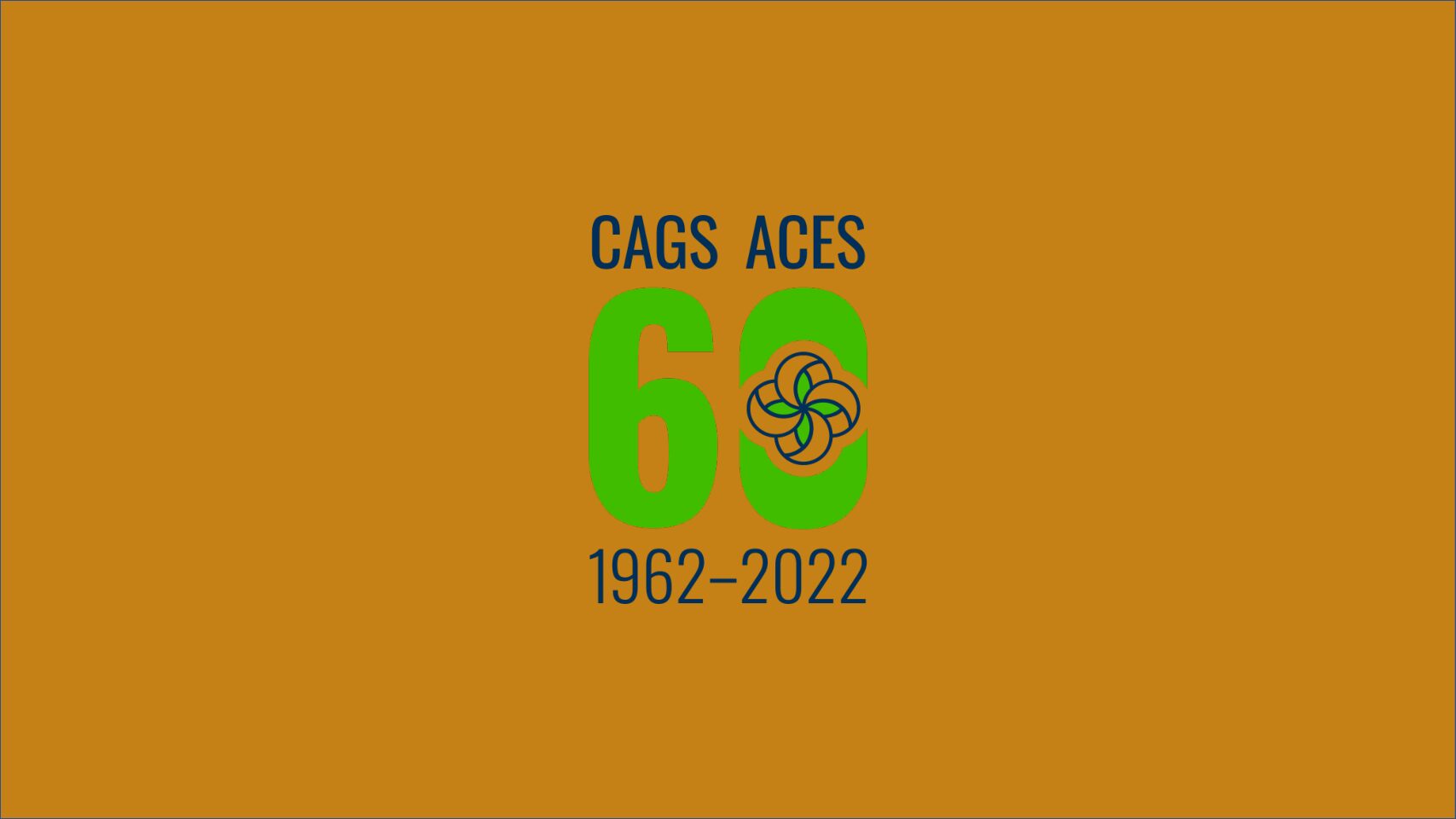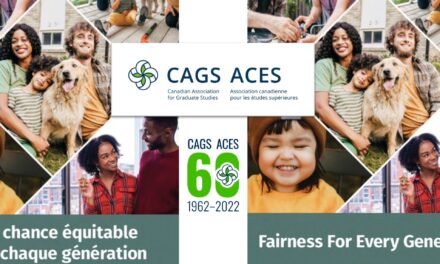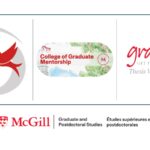Queen’s University PhD-Community Initiative:
PhD Students in and for the Community
The Canadian Association for Graduate Studies (CAGS) is pleased to announce that Queen’s University’s PhD-Community Initiative (PhD-CI) has been selected as the winner of the 2022 CAGS Award for Excellence and Innovation in Enhancing the Graduate Student Experience.
The PhD-CI is an innovative, co-curricular experiential learning program offered by the School of Graduate Studies and Postdoctoral Affairs at Queen’s University. The flagship initiative pairs interdisciplinary teams of PhD students with selected community organizations – each with a clear commitment to social justice and community development – to discover solutions to strategic and important socio-economic issues identified by the partner organization. Examples of successful projects include designing after-school programs for disadvantaged communities, supporting immigration and refugee resettlement services, and providing academic expertise to city officials attempting to navigate the post-pandemic recovery. The PhD-CI supports and enhances the graduate student experience by establishing meaningful connections among students and with the community, while nurturing professional, academic, and personal growth. Ultimately, the program encourages a reimagining of graduate education through community-based scholarship that prioritizes interdisciplinarity, collaborative learning, and civic engagement.
“I have observed a rich and creative learning environment fostered by the School of Graduate Studies. One in which students are encouraged to partner with their community agency in a reciprocal relationship that promotes learning and professionalism.…Working with eager, bright, knowledgeable, and personable students has given me a bird’s eye view into the future and has infused me with optimism and excitement for how they will shape our world.”
PhD students who participate in the program are assembled into interdisciplinary teams and assigned a mentor, typically a retired faculty member, who supports them in negotiating team dynamics, project expectations, and partner relationships. Teams work collaboratively between September and May, consulting with their partners to scope the challenge, develop a project plan, and identify a solution found in the local context. To foster success within and beyond the program, participants engage in a series of workshops facilitated by Queen’s partners, including sessions on such themes as communication and media training, teambuilding, design thinking, and community-engaged learning. At the end of the program, the teams provide a final product to their community partner, often a report or toolkit. The PhD-CI annual cycle culminates in a public capstone event and networking reception that brings together community partners, City of Kingston officials, senior university administrators, friends, family, and supervisors.
It is clear from the testimonials provided to CAGS that the PhD-CI enhances the graduate student experience at Queen’s University. This highly relational program fosters mutually beneficial collaborations between students and the broader community, provides an opportunity to translate and apply graduate training to non-academic contexts, and allows students to gain new professional and academic skills while building deep relationships among the local community. The program has immense benefits for participating organizations as well, who leverage the talent, energy, and scholarly knowledge of Queen’s PhD students to produce meaningful outcomes within the bounds of their limited resources. The PhD-CI program has been featured in a number of university-wide reports and local media stories, including Queen’s Contributions to the UN Sustainable Development Goals, Queen’s University Economic and Community Impact Study, the Queen’s Gazette, the Kingstonist, the Kingston Whig Standard, and Global News.
“The PhD-CI program has not only fostered a richer, more connected PhD community at Queen’s, but has merged research with practical, community- based social action. While I was initially nervous to pursue a year-long, group-based project, the PhD-CI has proven to be one of my most treasured experiences in graduate school.”
“It’s an opportunity to get perspectives of individuals that are excited to participate in [the project], are eager, and bring perhaps a revitalized energy to something that you just haven’t had the time to attack and complete.”

The GSE Award is presented annually by CAGS to a member institution. Its purpose is to encourage, recognize, and reward administrative or programmatic excellence and innovation in enhancing the experience of graduate students from recruitment through degree completion. Queen’s University’s School of Graduate Studies and Postdoctoral Affairs will receive a certificate of achievement, and an invitation to showcase their PhD-Community Initiative in a workshop at the 61st Annual CAGS Conference in Victoria, B.C. (7-10 November 2023). CAGS hopes that Queen’s University’s PhD-CI initiative will provide a model of inclusive excellence for other faculties of graduate studies across Canada.











